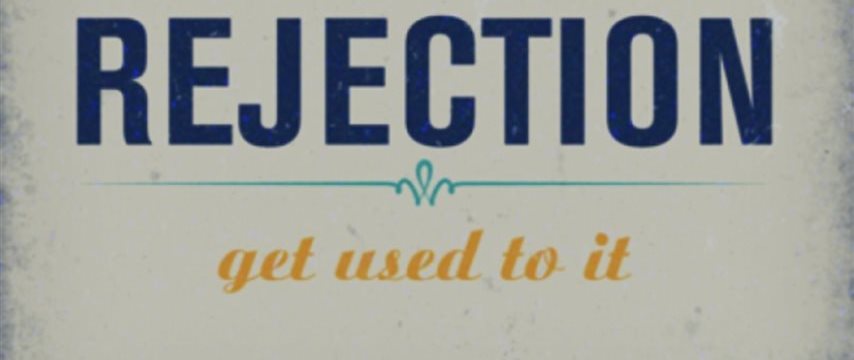President Obama’s rejected credit card makes him part of the 40%.
The president said Friday that his credit card was rejected at a restaurant – reported to be Estela in New York – because he didn’t use it enough. Speaking at the Consumer Financial Protection Bureau, he said, “I went to a restaurant up in New York when I was there during the General Assembly and my credit card was rejected.” He added, “It turned out I guess I don’t use it enough. So they thought there was some fraud going on.” Fortunately, his wife picked up the tab.
Four out of 10 credit card users have endured a fraud alert that flagged or blocked a transaction, according to a recent survey of more than 1,000 regular credit card users by personal finance website CreditCards.com; this is the first time it carried out this survey. Some 41% of card users had “no idea” what behaviors trigger these alerts and – like President Obama – 32% have never called their card issuer in advance to alert them to an unusual purchase, international trip or abnormal spending.
The number of random declines is rising, experts say, particularly since the Credit Card Accountability, Responsibility and Disclosure Act of 2009, says John Ulzheimer, credit expert at financial website CreditSesame.com. Before that act was introduced, consumers were usually alerted to the fact that they hadn’t used their card in a while – due to a card inactivity fee. Those fees are now illegal, so more people are unaware that their card is at risk at being rejected, he says.
Also see: American credit-card debt hits a post-recession high
“Today card issuers are focused on better customers rather than just more customers,” Ulzheimer says. Better customers often equates to more profitable customers, he adds. “If someone isn’t using their card they’re not generating any income for the issuing bank,” he says. No interest, no interchange, nothing. Because of that many card issuers will proactively close accounts that are under-performing from a revenue perspective. That’s likely what happened with the President’s credit card.”
But others say people understand why credit card companies are keeping a close eye on transactions; consumers and banks are acutely aware of credit card scams, given the numerous incidents in the past, particularly large cases Home Depot HD, +1.53% , Kmart and Target TGT, -0.62% . Also Friday, Obama signed an executive order requiring government-issued credit cards to use chip-and-pin technology that’s already widely used in Europe. Data is stored on a more fraud-resistant microchip rather than a magnetic strip.
And most people keep track of their plastic, says Ben Woolsey, president of credit-card advice website CreditCardForum.com. “Sometimes people will toss a card in a sock drawer if it no longer has competitive rewards or a good interest rate and then pull it out in times of financial need,” he says. But he doesn’t believe that’s common. “Consumers typically cancel a card they don’t use very much, unless it happens to be one of their oldest accounts and provides value in terms of length of credit history.”



